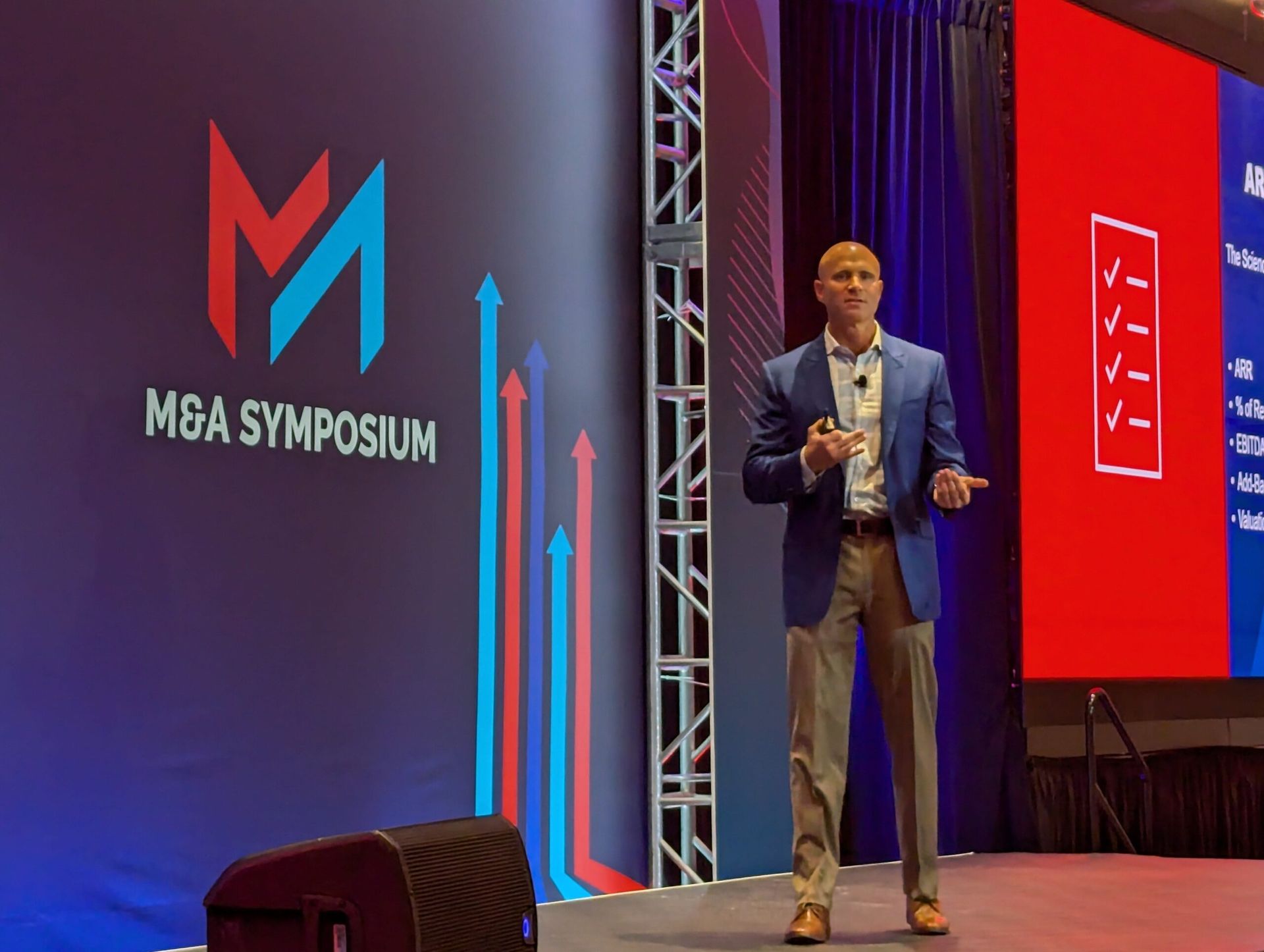
In the deal world, speed is prized and often, a key tool in establishing a competitive advantage. A quick response can signal the extent of a party’s interest, and executing a transaction expeditiously can be beneficial and sometimes, necessary to protect one’s leverage position (e.g., sellers in an auction setting).
However, patience can also be a valuable tool, particularly for family offices and the unique benefits that arise from their more “patient capital.”
As anyone involved in a recent auction process can attest to, it is a seller’s market.With all the “dry powder” waiting in the wings, rising multiples and seemingly shrinking supply of quality assets, the current environment for deal-making has become intensely competitive. Along with that, the question of – how to win deals and/or source proprietary deals – has grown in prominence, not only for traditional sponsors but also for family offices, given the growing trend of family offices making direct investments.
Much ink has been spilled on the answer to this question, and a comprehensive answer is beyond the scope of this article. Suffice it to say, the answer lies in a combination of different factors including the fundamental economics (i.e., being the highest bidder), existing relationships, and specialized or industry knowledge.
Family Offices: Investing for the Long Haul
That said, one key competitive advantage for family offices is the more patient or long-term nature of their capital. Traditional sponsors typically have a four- to seven-year holding period that’s driven by the need to deliver a return within that timeframe to their limited partners. However, family offices are able to invest with substantially longer holding periods because their capital does not face the same kind of expiration date, and their investment goals stretch well beyond the next four to seven years.
Often, sellers will have concerns regarding the long-term legacy of the business, retention of the employees and “slash and burn” approach of compromising long-term growth for short-term gains – even when they don’t have a vested interest in the business after the transaction. It is in these types of situations that “patient capital” can play a key role in alleviating these types of concerns. This is especially true in smaller, low- to mid-market transactions, where the parties frequently have a more-personal relationship with the business (e.g. founders, multi-generation family owners) and ascribe a greater value to the “intangibles” involved in a transaction.
Ultimately, the fundamentals will still be the fundamentals. The highest bidder will typically carry the day, and an appeal to “patient capital” is not likely to overcome a substantial difference in purchase price. Nonetheless, “patient capital” is a unique competitive advantage for family offices, which they can use to differentiate themselves and open the door to transactions that may otherwise be closed.
Samuel Kim is a corporate associate at Nixon Peabody. Read more Nixon Peabody blogs here.




